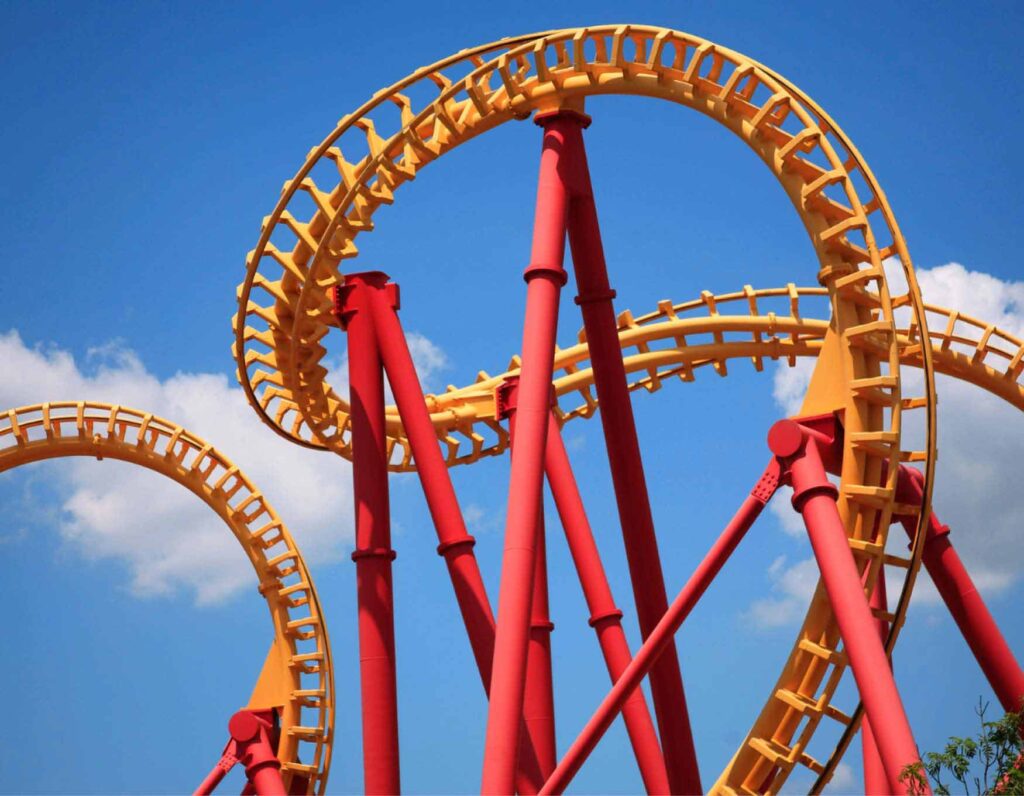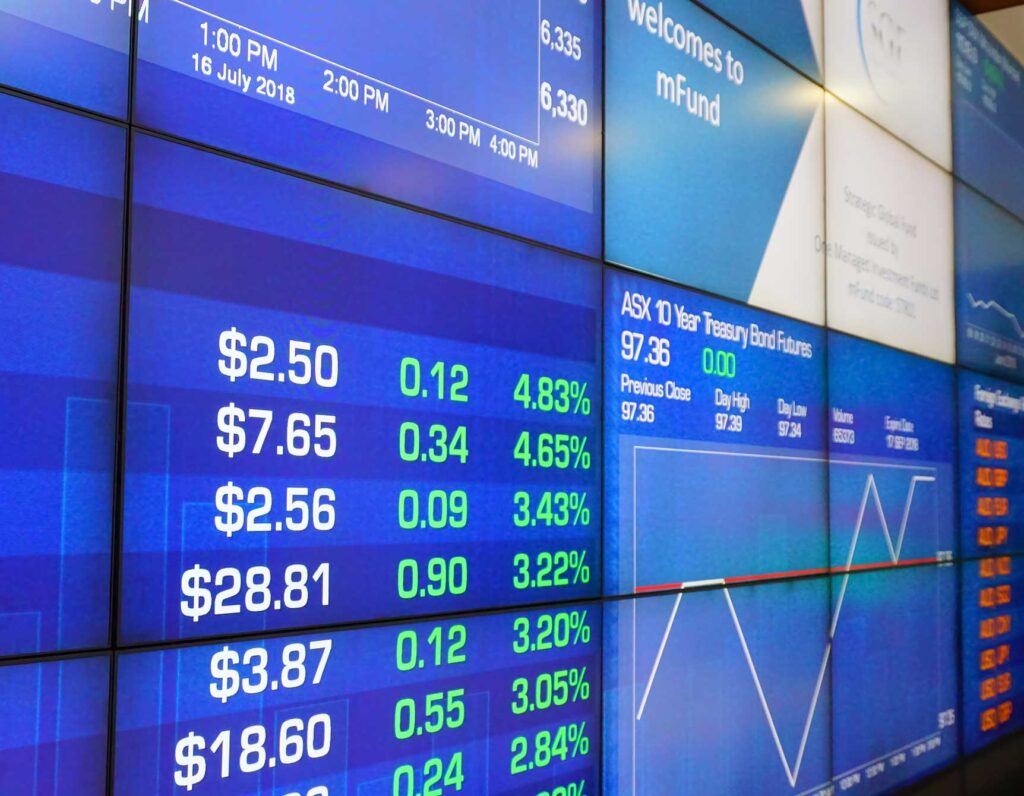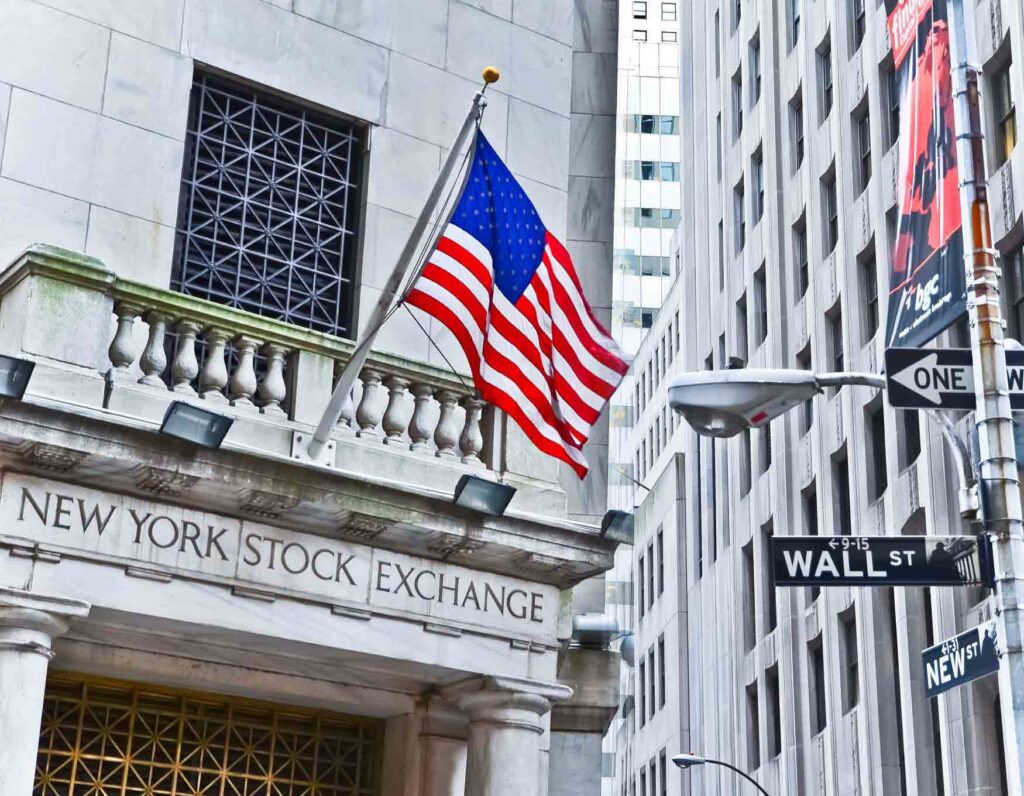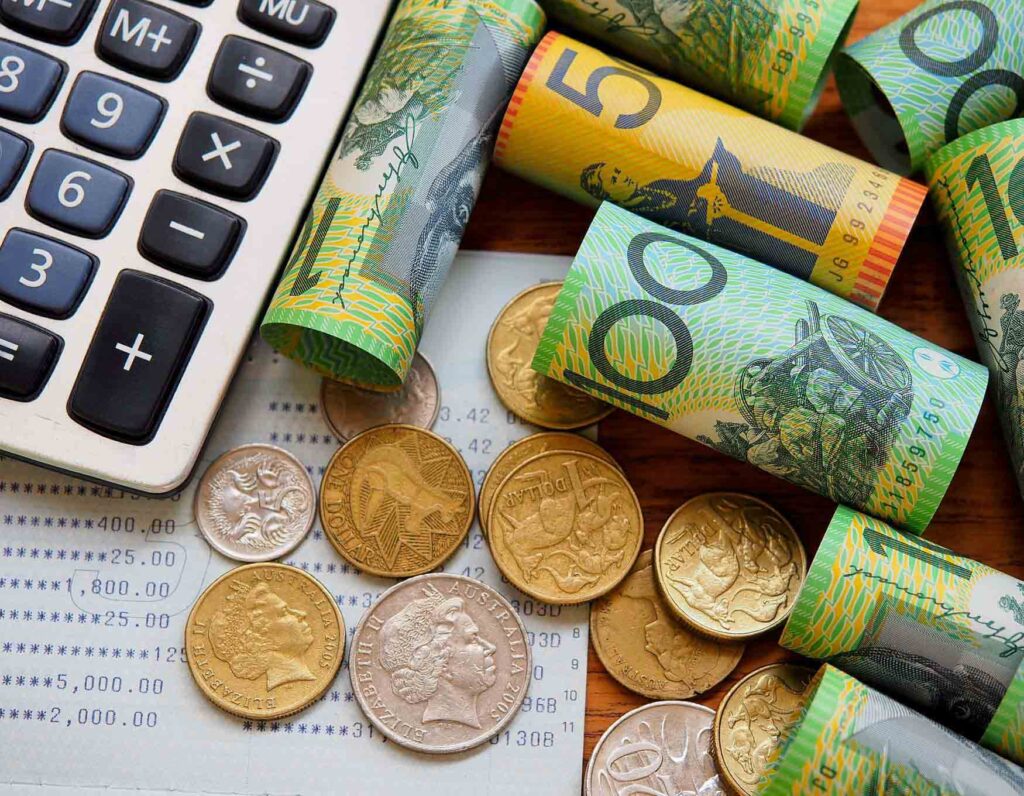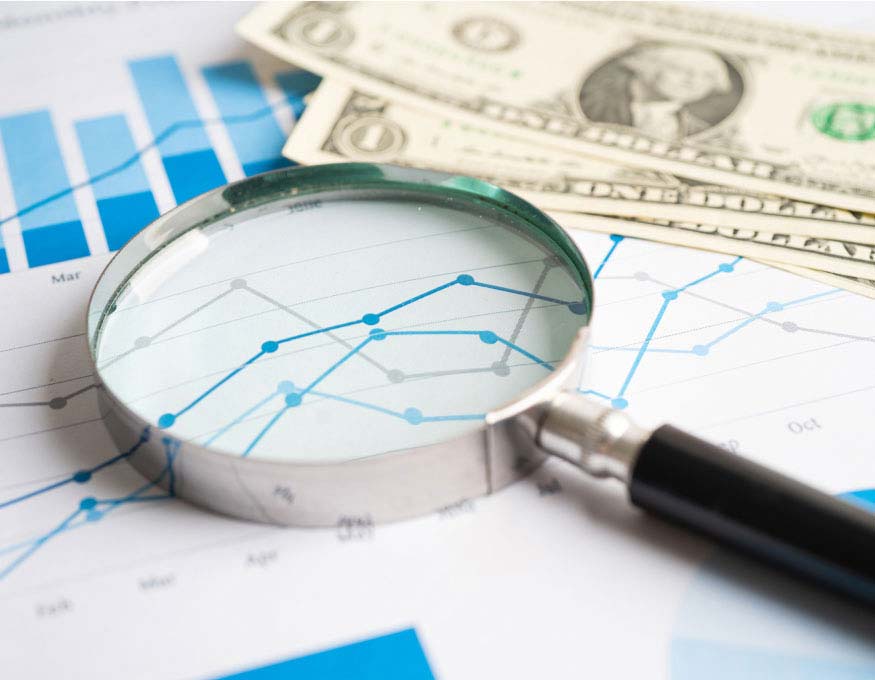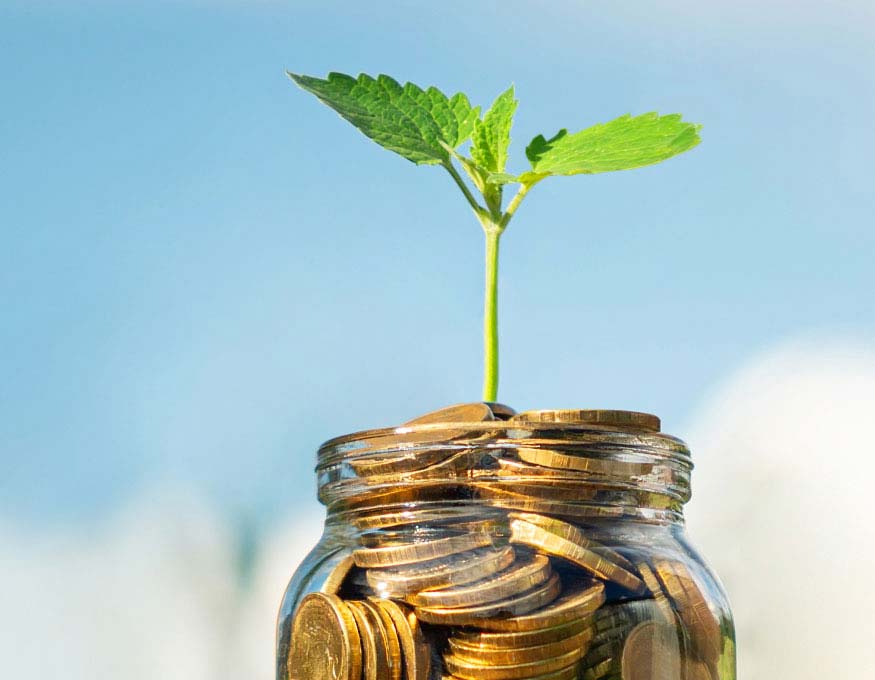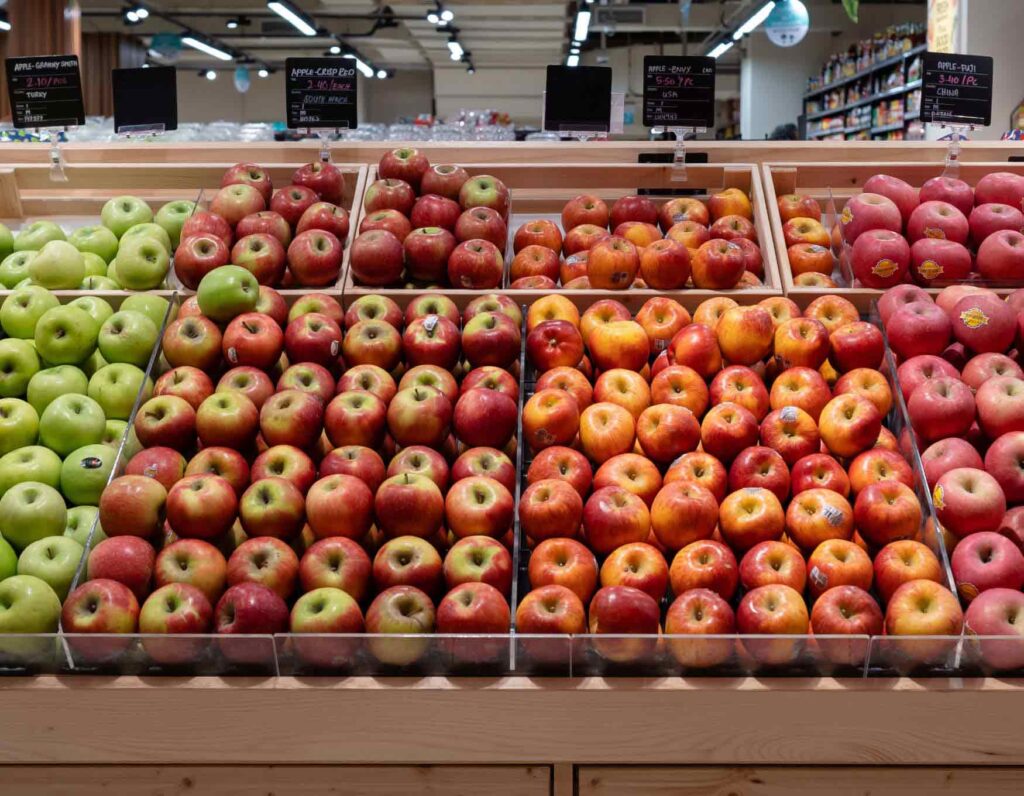When you invest in the share market, you have the potential to enjoy strong returns, particularly over the long-term.
But you can’t expect to gain rewards without taking some risk.
Historically, the main share markets in Australia and the US have gone up over the long-term. As the 2020 Vanguard Index Chart shows, between 1990 and 2020, index funds delivered average annual returns of 8.9% for Australian shares and 10.3% for US shares.
However, you should also realise that:
- During those 30 years, there were periods when markets went backwards
- Even when a market as a whole makes gains, there will always be certain individual shares that lose value
- Past performance is no guarantee of future performance
How to reduce your risk when you invest in shares
While investing in shares does involve some risk, there are steps you can take to reduce your risk.
For example, you can embrace diversification, which involves spreading your eggs around multiple baskets:
- Invest in dozens or even hundreds of companies (perhaps through an index fund), rather than just one or a handful
- Invest in a range of sectors, rather than just one
Superhero provides a diversification dial so you can see how your investments are allocated across different sectors.
Less risk and less volatility often means less reward
So if share markets can be risky and volatile, why wouldn’t investors choose a safer, less volatile option, like putting their money in a term deposit?
Because less risk and less volatility often means less reward.
For example, while the 2020 Vanguard Index Chart shows average annual returns of 8.9% for Australian shares and 10.3% for US shares, it also shows just 5.1% for cash.
If you’d invested $10,000 at the start of 1990, here’s how much you would’ve had in 2020:
- US shares = $186,799
- Australian shares = $130,457
- Cash = $44,172
Cash was a much less risky and volatile investment between 1990 and 2020, but it was also much less profitable.
Another way to look at risk
That raises another issue – what, exactly, is risk?
Clearly, investing in shares carries risk, because you might lose some or all of the money you invest.
But is a ‘safe’ investment like a term deposit actually risky?
True, there’s almost no chance of you losing any of the money you invest (unless the institution collapses and you’re not protected by the Financial Claims Scheme). But if a term deposit delivers lower returns than shares over the long-term, have you actually lost money?
That’s up to you to decide.
Risk and reward tend to go hand in hand. Generally, if you want more reward, you have to be willing to take more risk. So consult a finance professional before making investment decisions.

Become a part of
our investor community
Why you should join us:
- Join free and invest with no monthly account fees.
- Fund your account in real time with PayID.
- Get investing with brokerage from $2. Other fees may apply for U.S. shares.
Read our latest articles
Make knowledge your superpower and up your skills and know-how with our news, educational tools and resources.






